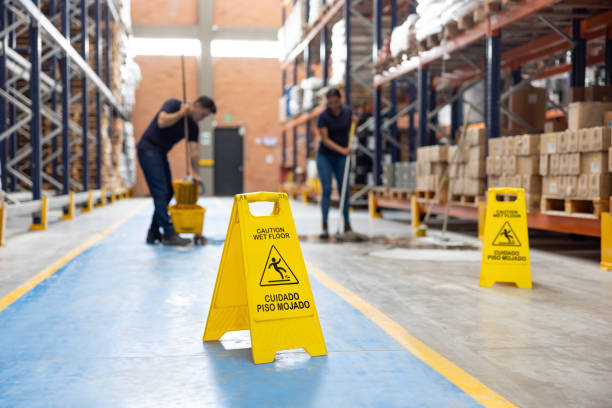Blog
Discover expert tips, cleaning hacks, and insights for a fresher, healthier space.

Discover expert tips, cleaning hacks, and insights for a fresher, healthier space.

Have questions, need a quote, or ready to schedule a service? We’re here to help.
Book a 15 minute call and get your personalized estimate with no obligation.